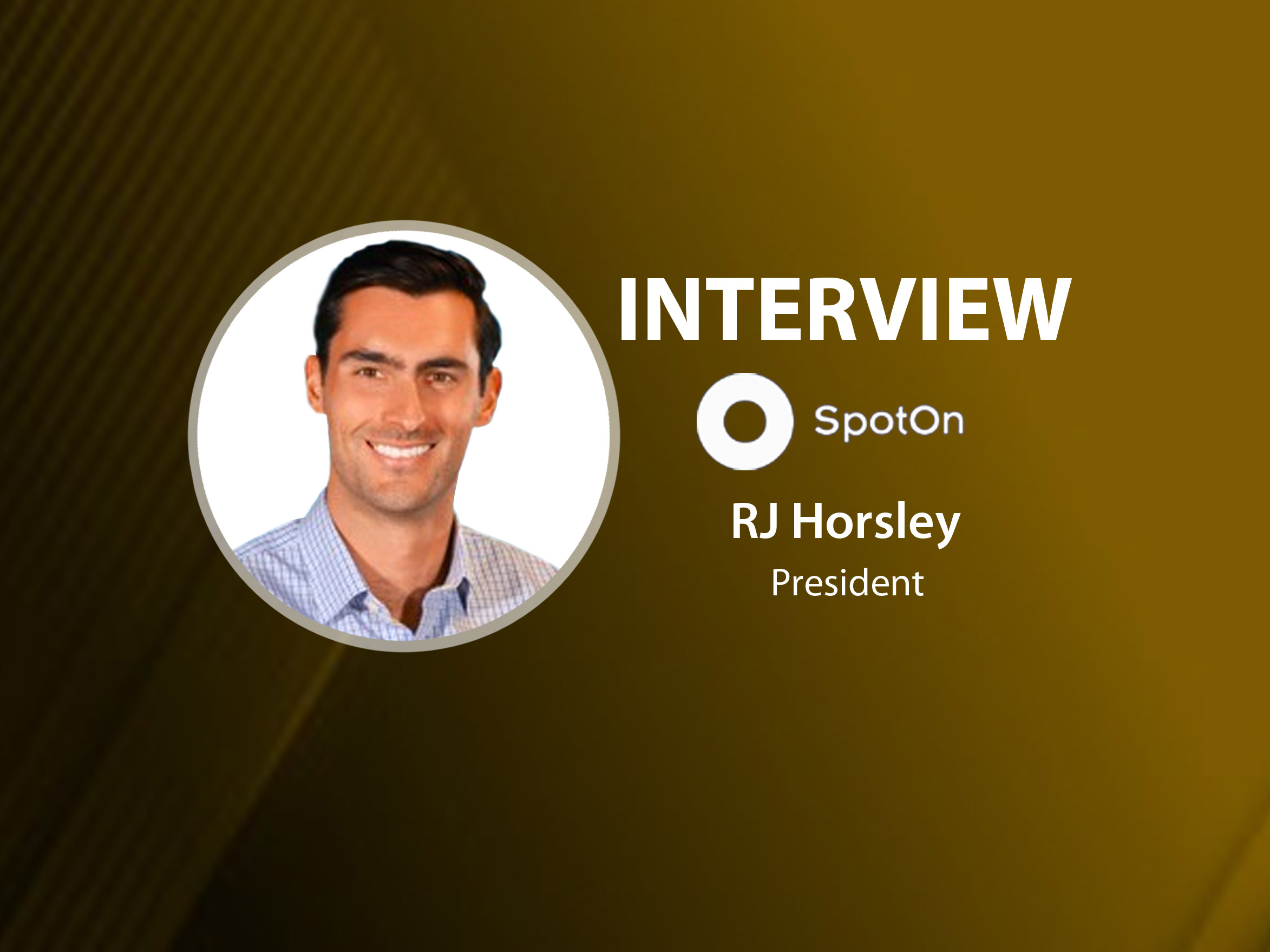RJ Horsley, President of SpotOn Transact, Inc joins GlobalFintechSeries in this quick chat to breakdown some of the top fintech predictions to expect in 2021 while sharing a few thoughts on how fintechs should (and have!) responded to changing user needs in 2021 in light of the Covid-19 pandemic.
_____
Can you tell us a little about yourself RJ? How has SpotOn evolved over the years; we’d love to hear about special additions and enhancements made to suit changing user needs due to the Covid-19 pandemic…
I have been President of SpotOn for more than three years after serving as a CFO for a start-up and after working with many start-ups while at Financial Technology Partners, an investment banking firm. As for SpotOn, we are growing and evolving very quickly…
Read More: GlobalFintechSeries Interview with Chyna Qu, Co-Founder and COO at DeFiner
We believe we have been able to put our finger on the pulse of small businesses and what they need. In short, we offer three things:
-
-
- Incredible software that is easy to install and use, and which simplifies the processes for attracting, winning, and retaining customers so businesses can grow.
- A high-touch personal experience, with local representatives to support clients at their place of business, and with 24/7 personal service on the phone.
- A low cost, high quality payment solution with clear pricing and no junk fees to help businesses expand their margins.
-
With this approach, we work in close partnership with each small business client, making true the notion that “Your Business IS our Business.”
What are some of the futuristic innovations you are seeing influence and transform the payments landscape globally?
Safe and secure payments available anywhere and on any device—that is becoming a basic requirement if you sell to small businesses. However, I think the biggest innovation is getting back to basic values and fairness. After years of confusing payment processing solutions with complex fees that customers don’t understand, business operators are responding to our price transparency and a human touch. The other innovation is offering more value than just payments. We offer a growth platform with our focus and approach centered on helping grow the top line for a business while giving them an affordable and clear solution that also expands their profit margins. We are partners in their success, which is innovative in the payments landscape.
How have you seen the global fintech market respond to the Covid-19, in general, in the way new solutions were introduced during the year?
Fintech offers great speed and adaptability. When COVID-19 hit, we were able to pivot quickly by offering and scaling new software for online ordering and other areas within days to help our clients adapt their businesses to this new normal. We also suspended our charges to customers to help them survive in those uncertain days in March and April.
What do you feel will change in fintech in 2021?
I think this extended period of uncertainty will have some long term effects on customer behavior and will raise the expectations for customers. As a result, I think there will be more consolidation in the fintech and payments space as the lower-value added models struggle and higher-value added models thrive. That’s why we lead with our software solution and pair it with lower cost and simple payment processing—because our focus is on adding meaningful value for the customer through technology, not just by offering the technology itself.
As banking institutes and financial institutions focus on digitizing every aspect of their operations and offering, how are you seeing payment platforms and fintechs partner more closely to provide better services?
Banks struggle to move quickly and to innovate. They also underserve small businesses. But banks are typically aware of that and look for partners to help supplement their offerings. As fintechs like SpotOn grow and have access to tens of thousands of small business customers, the larger banks become more interested in working together because of the relationships and distribution potential we can offer. Increasingly, small businesses have deep and trusted relationships with SpotOn, so we are given permission to offer them additional services through partnerships if they meet our requirements of adding meaningful customer value.
As payment platforms evolve with new features and capabilities, what are some of the things that will become redundant?
I think that any model that separates the client from their data will become obsolete. Business operators want to know their customers and build a direct relationship with them. They want access to their customer data so they can serve them better. There are many models that exist, in our industry and others that hold the data hostage, leaving the business beholden to the supplier for key business information. Any payment platform or business model that isn’t building a true open partnership and relationship with its clients and users will struggle.
Read More: Worldline Welcomes Ingenico, Creating a New World-Class Leader in Payment Services
Given the overview of what fintech looks like today in 2020 and this evolving space: how would you describe this market over the next decade? What will be some of the more dominant categories in future?
Fintech is addressing the larger and obvious areas like payments and there are hundreds of companies with new technology. Over the next decade, I expect fintech to dig deeper into smaller niches and ideas, such as global money movement. Doing business in U.S. dollars within the U.S. is now fast, easy, and secure. However, moving money in different currencies around the world remains fraught with time delays, unclear costs, and underperformance. I think the real globalization of fintech will continue to grow and evolve and make the world of money and finance as efficient internationally as it already is domestically.
Before we wrap up, what are the biggest learnings and tips you’d share with fintech innovators?
My biggest learning is that technology in and of itself isn’t important. The technology has to solve a real problem in a clear and effective way that customers can see and value. My advice: Don’t fall in love with the technology, but rather focus on the user, the problem you are solving in the marketplace, and the outcome. Also, don’t let technology be a replacement for human connection.
Read More: GlobalFintechSeries Interview with Rob Rosenblatt, CEO at Behalf Inc.

